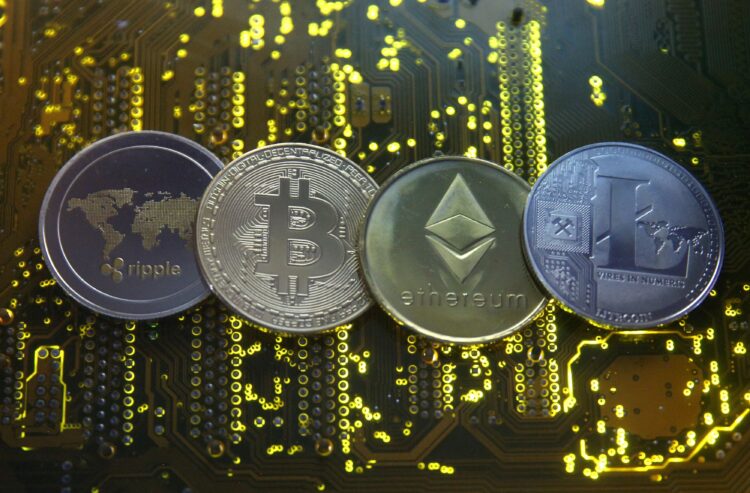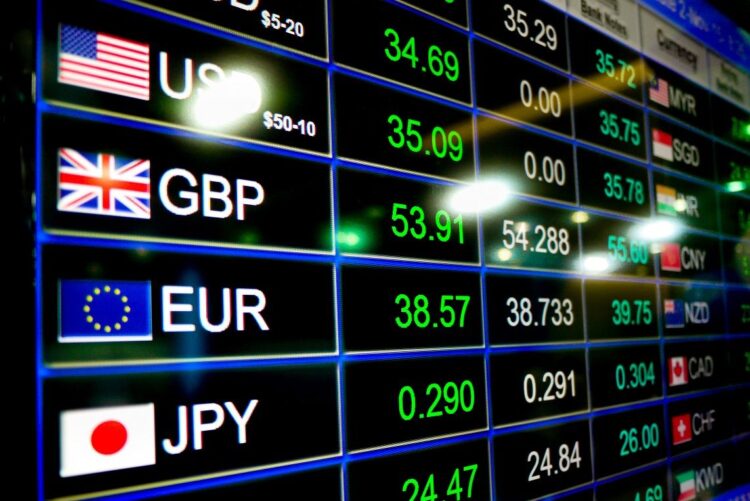The term ‘financial markets’ has unfortunately become a misleading buzzword, meaning different things to different people. Today’s article aims to take you on a journey through financial markets to help you better understand the types of markets, the concepts involved, and the steps you can take to ensure success in financial markets.
Page Contents
What Is a Financial Market?
For the sake of simplicity, the financial market may be referred to as FM in this article. The simplest explanation of FM is “markets facilitating the trade of financial products.” Contrary to popular belief, almost anyone can be an FM professional, and millions of people work in the field, including retailers trading forex online.
A more insightful explanation of financial markets is any marketplace where securities change hands (physically and virtually). Financial markets play a pivotal role in the smooth operations of the global economy by facilitating liquidity and resources for organizations and individuals.
Financial markets come in different shapes and sizes and serve essential purposes. The different types of financial markets include derivatives, money, bonds, forex, commodities, and cryptocurrency markets.
Derivatives Markets
Derivatives are secondary securities that draw their value from the worth of the primary assets they’re linked to. Derivates are intrinsically worthless. As a contract between multiple parties, its value is determined by an agreed-upon financial asset.
Regarding derivatives, you do not directly trade an asset; you trade in options, futures contracts, and other financial instruments like commodities, stocks, currencies, etc. Futures contracts are listed and traded on futures markets, and these are well-regulated, have standard contract specs, and utilize clearing houses to verify trades.
Money Markets
Many traders favor money markets because of their relatively high safety and low returns. From the wholesale point of view, money markets are where institutions and large traders make large-volume trades. In retail, traders are usually bank customers trading through money market accounts and independent individual investors.
More often than not, money markets trade highly liquid products with short-term maturities (generally less than one year) and are the go-to for many retail traders, especially those new to the market or with minimal risk appetites. Money market investors can also invest in treasury bonds, municipal notes, and bills. Also read – Stock Screener.
Cryptocurrency Markets

Source: reuters.com
The cryptocurrency market is considerably younger than most other financial markets. The cryptocurrency market space is decentralized by design. Still, online crypto exchanges help traders get the best of both worlds — the beauty of decentralized finance combined with a global cryptocurrency exchange market.
It’s not unheard of for cryptocurrency exchanges to offer peer-to-peer trading infrastructure for traders to trade directly without needing a third party to validate transactions. The growth of cryptocurrency markets over the last few years has been exponential, with many crypto exchanges offering options and futures trading on cryptocurrency pairs.
If you opt-in for cryptocurrency trading, we recommend you read our article explaining how to tell real from fake cryptocurrency platforms to help you keep your funds safe.
Bond Markets
A bond is a beneficial financial instrument for organizations and governments. It allows investors to loan an organization money for a set amount of time, with payments charged at a predetermined interest rate. An alternative name for the bond market is the fixed-income, credit, and debt market.
Organizations and governments at different levels can issue bonds. Bonds are given to help the issuer finance projects, operations, and more. Using the USA as a case study, the US bond market sells securities such as bills and notes issued by the United States treasury.
Forex Markets

Source: corporatefinanceinstitute.com
The foreign exchange market is built on buying currency pairs when one of the currencies is weak then selling for a profit when said currency gains value. Additionally, traders can speculate, sell, buy, and hedge exchange rates between currency pairs. Forex markets are often decentralized and feature a global network of computers and brokers.
Essential stakeholders in this market include central and commercial banks, hedge funds, investment firms, and forex retailers, to name a few. The forex markets currently process over $7.5 trillion in daily transactions; this figure is greater than the daily volume of the equity and futures markets combined.
Commodities Markets
Commodities markets are pivotal to international trade and global supply chains. When a producer needs to sell physical products, including energy (oil, gas, etc.), precious metals (gold, platinum, etc.), and agriculture (livestock, grains, etc.), they usually turn to global or national commodities markets.
Different products are traded on commodity markets; as long as there’s a willing seller and buyer, there’s always the possibility of striking a deal. The market is known as a spot commodity market when commodities are sold to be delivered to a buyer relatively quickly.
Now you know the types of financial markets, what’s next?
The different financial markets are similar and different in peculiar ways. The beauty of the market is there’s an instrument for everyone; all you need to do is decide what you want to trade.
Some things to remember when determining the type of financial market to venture into include your risk appetite, the legality of the financial instruments in your locality, capital, and much more. Discipline is one of the most important things to master if you’re going to succeed in the market.





